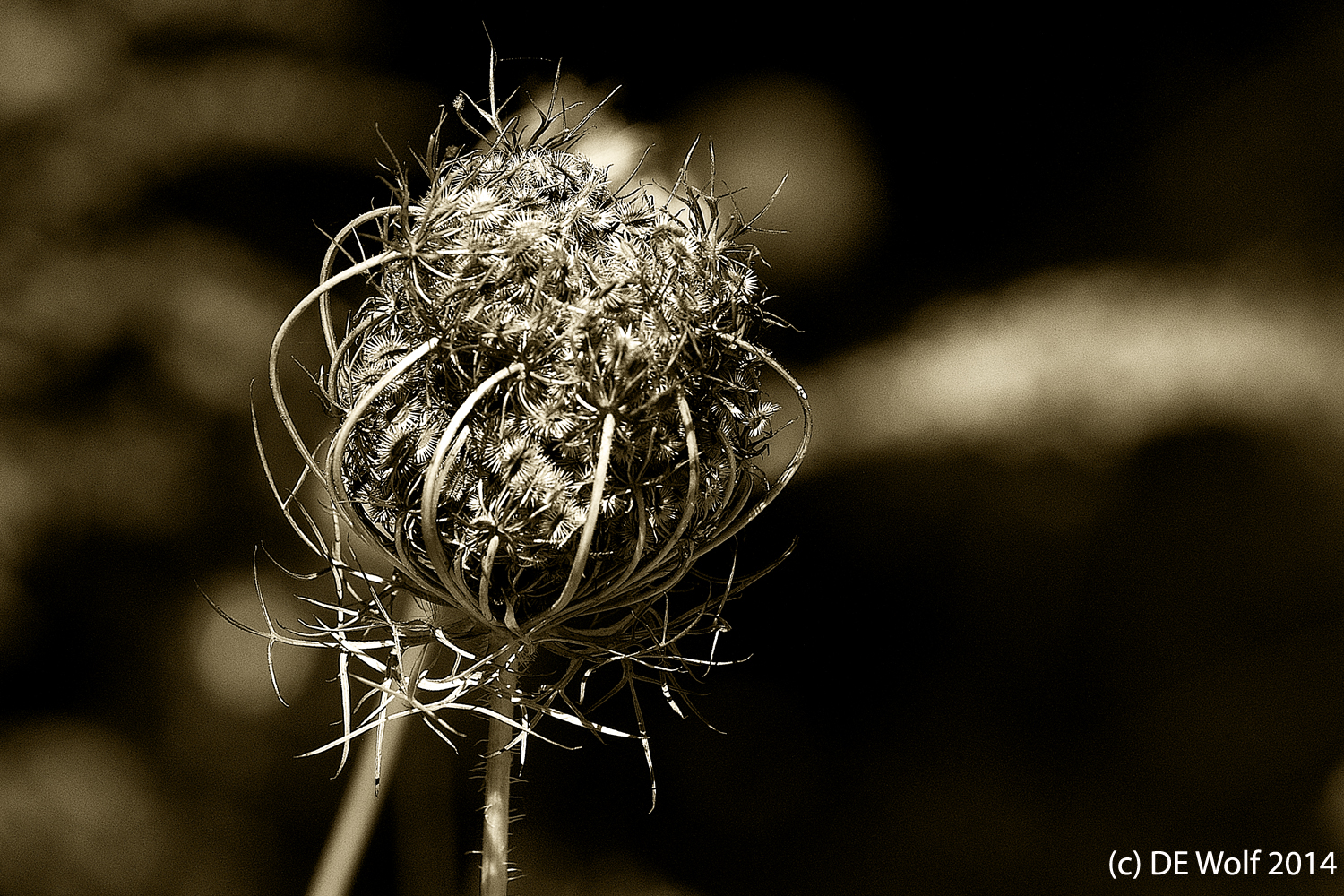As I have mentioned we are in the last glory days of summer. It is just over a week before the Equinox, the point when the Sun crossed the celestial equator and is midway between its highest point in the sky and its lowest, and this bathes us in a magical September light.
The hot days of July and August have browned the world just a bit. But late summer’s coolness has revived the flowers, particularly the roses. These are now displaying one last beautiful burst before winter.
All summer I have been walking at noontime at the Fresh Pond Reserve in Cambridge, watching the birds, especially the green herons at Black’s Nook and admiring the water and the wild flowers. Every path off of the pond’s perimeter takes you somewhere unique, interesting, and beautiful. Every locale slowing metamorphoses with the calendar’s progression.
I have been particularly intrigued by a place called Lusitania Field or Meadow. This is just a magnificent wildflower garden, just left, or so it would seem, to the whims of nature. But I suspect the hand of the volunteer keepers of the reserve are at work here. Tall masses of daisies, black-eyed Suzies, golden rods, and Queen Ann’s lace abound. Unlike most of the reserve this meadow is subject to an intense sunlight and as a result is a favorite spot for sitting on a bench and having lunch or pushing baby strollers. Dogs chase balls, and yesterday I watched a man submerge himself in grass and flowers retrieving a tennis ball for a grateful terrier. The man emerged covered in nettles and probably ticks.
The Queen Ann’s lace has mostly shriveled up to intricate spheres of withered plant tissue, and yesterday I was struck enough by one of these to attempt to photograph it despite the fact that I had “the wrong lens” with me, my 70 to 200mm and no monopod. This is shown in Figure 1. To my view it came out pretty well, and the shallow depth of focus gave me some lovely bokeh. I am hoping in a small way that it captures the light of September and the gentle warmth of the day. I have used a subtle sepia tone.
All summer long I have been laboring under the misbelief that Lusitania Meadow was named in memory of the souls lost on the Lusitania. You can search online the Cambridge newspapers of the day and read the scathing editorials about the brutality of the event. I imagined the sober citizens cantabrigiensis gathered solemnly back in 1915 dedicating this field to the victims and swearing to never forget. Not so, it turns out.
It seems that the word has a common origin with the name of the fated ship. Both are named after Hispania Lusitania, the ancient Iberian Roman province that included all of modern Portugal south of the Douro river and part of modern Spain. The name derives from the Lusitani or Lusitanian people who inhabited this region. There is a proud tradition in Massachusetts of Portuguese speaking peoples, starting with a wave of immigrants from Portugal who came in the nineteenth century to work in the textile mills of Massachusetts, then the capital of America’s industrial revolution, and continuing to the Brazilian of today . I should also perhaps mention the Portuguese who “secretly” fished George’s Bank for cod as early as the fifteenth century. The Portuguese in America formed societies referred to as Lusitania Social Clubs and it is believed that men from this club in the 1970’s cleared the land to use it as a soccer field.
Somehow this story does not diminish the place. History, after all, is history, and every place has its own traditions. I marvel for a while at the wildflowers and then move on.

